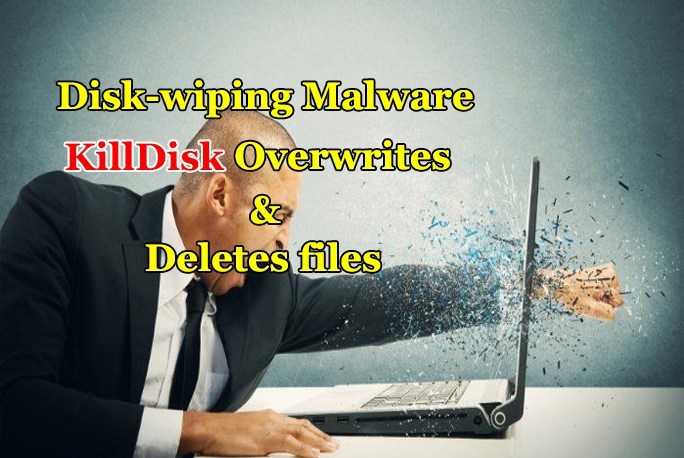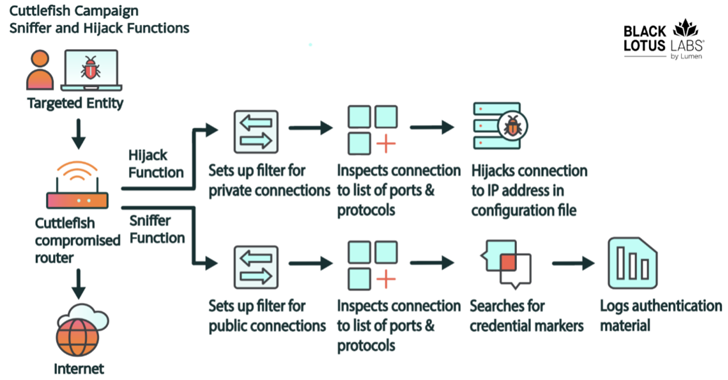A new variant of disk-wiping KillDisk malware affecting Windows machine attempts to overwrite and deletes files. Security researchers from TrendMicro detected it as TROJ_KILLDISK.IUB.
The new variant found targetting Financial organizations in Latin America does not include a ransom note as like Petya or WannaCry. Recovering the scrambled files in question because it wipes out the disk and doesn’t store the encryption keys on disk or online.
KillDisk malware used in various cyber attacks against energy sector, banking, rail, and mining industries. TrendMicro published an Initial analysis of this threat.
How it enters and delete files
Its file path is hardcoded and could be dropped intentionally by the attacker or any other process.The new variant goes through all the logical drives mounted(fixed and removable). With system directory, it exempted following files from deletion.
WINNT Users Windows Program Files Program Files (x86) ProgramData Recovery (case-sensitive check) $Recycle.Bin System Volume Information old PerfLogs
“Before a file is deleted, it is first randomly renamed. KillDisk will overwrite the first 0x2800 bytes of the file and another block that’s 0x2800-bytes big with 0x00”.

Disk Wiping
The malware attempts to wipe \.PhysicalDrive0 to \.PhysicalDrive4 and then it reads the information available with the Master Boot Record (MBR) and does further damage to the partitions.
“If the partition it finds is not an extended one, it overwrites the first 0x10 and last sectors of the actual volume. If it finds an extended partition, it will overwrite the Extended Boot Record (EBR) along with the two extra partitions it points to” TrendMicro said.
Forcing a Reboot – KillDisk
It consists of a numeric parameter which indicates the number of minutes(15 minutes) it will wait before shutting down the affected machine.
Client/server run-time subsystem (csrss.exe) Windows Start-Up Application (wininit.exe) Windows Logon Application (winlogon.exe) Local Security Authority Subsystem Service (lsass.exe)
IOC- Hash (SHA-256):
- 8a81a1d0fae933862b51f63064069aa5af3854763f5edc29c997964de5e284e5 — TROJ_KILLDISK.IUB









